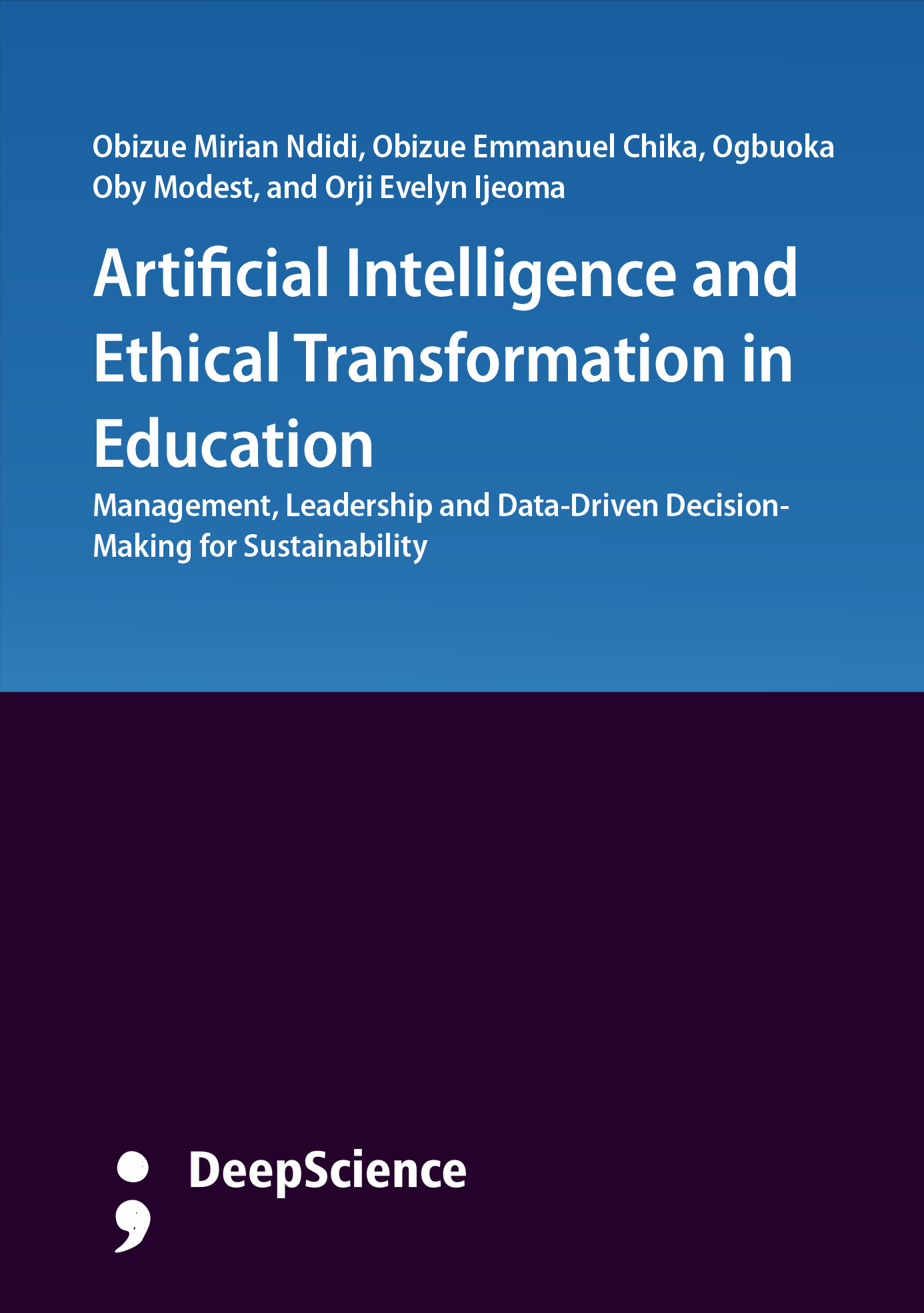Data-Driven School Administration: AI Powered Monitoring and Evaluation for Effective Policy and practice
Synopsis
Artificial intelligence (AI) is rapidly changing how school administrators use technology to evaluate and monitor their schools. In particular, the use of AI is transforming how school administrators make decisions using data generated in real time, automating the collection and analysis of data, and providing forecasts about future trends. AI tools provide educators with interactive tools to measure key performance indicators such as students' success rates, teachers' effectiveness, the utilization of resources, and policy compliance. Using machine learning algorithms, natural language processing, and intelligent data dashboards, educational leaders now have the ability to gain deeper insight into how institutions function, respond proactively to emerging issues, and make strategic decisions based on factual evidence. Additionally, this chapter will explore several AI-based tools and techniques used to measure learning environments in real time, which include classroom monitoring of activity, automated feedback systems, and adaptive testing systems. These tools help create more transparent, efficient, and accountable educational systems; however, there are many ethics and practicalities to consider when integrating AI into learning environments. Some of these considerations include data privacy concerns, algorithmic bias, surveillance, and the digital divide, particularly in low-income areas and countries. To address these challenges, the chapter advocates for strong government oversight, inclusive policymaking processes, and specific professional development strategies to ensure that AI is integrated into school monitoring and evaluation (M&E) systems in an equitable and ethical manner. By drawing from an extensive review of existing research, international best practices, and country-specific limitations, the chapter provides specific, actionable advice for integrating AI into school M&E systems. The chapter argues for an ethical, equitable, and contextualized approach to the use of AI in education that balances the potential of AI as a tool of educational innovation with the fundamental human values upon which education is grounded. Ultimately, the chapter encourages a thoughtful and strategic approach to the implementation of AI as a means of enhancing institutions, improving educational accountability, and contributing to the long-term sustainability of the 21st-century learning environment.













